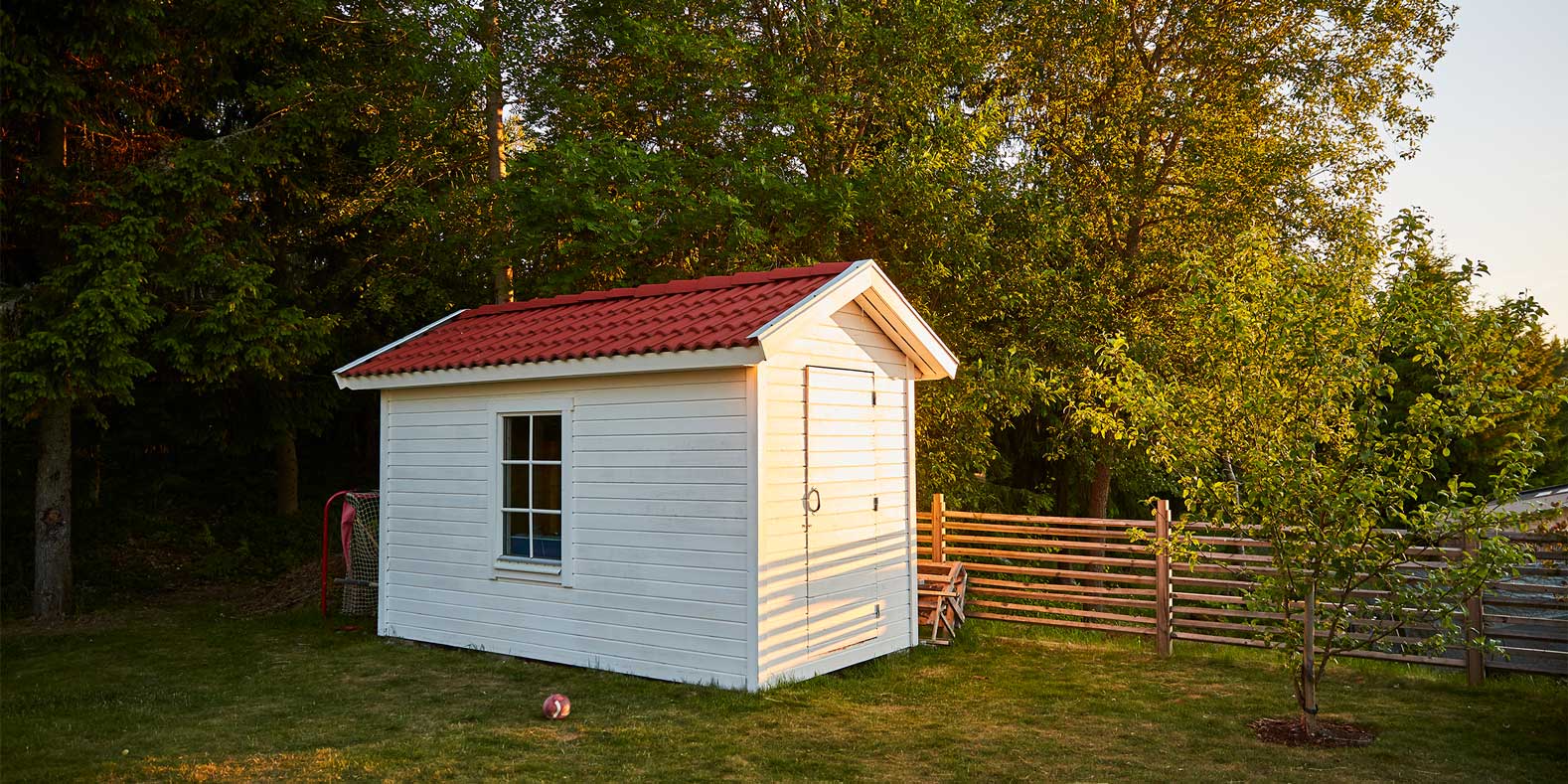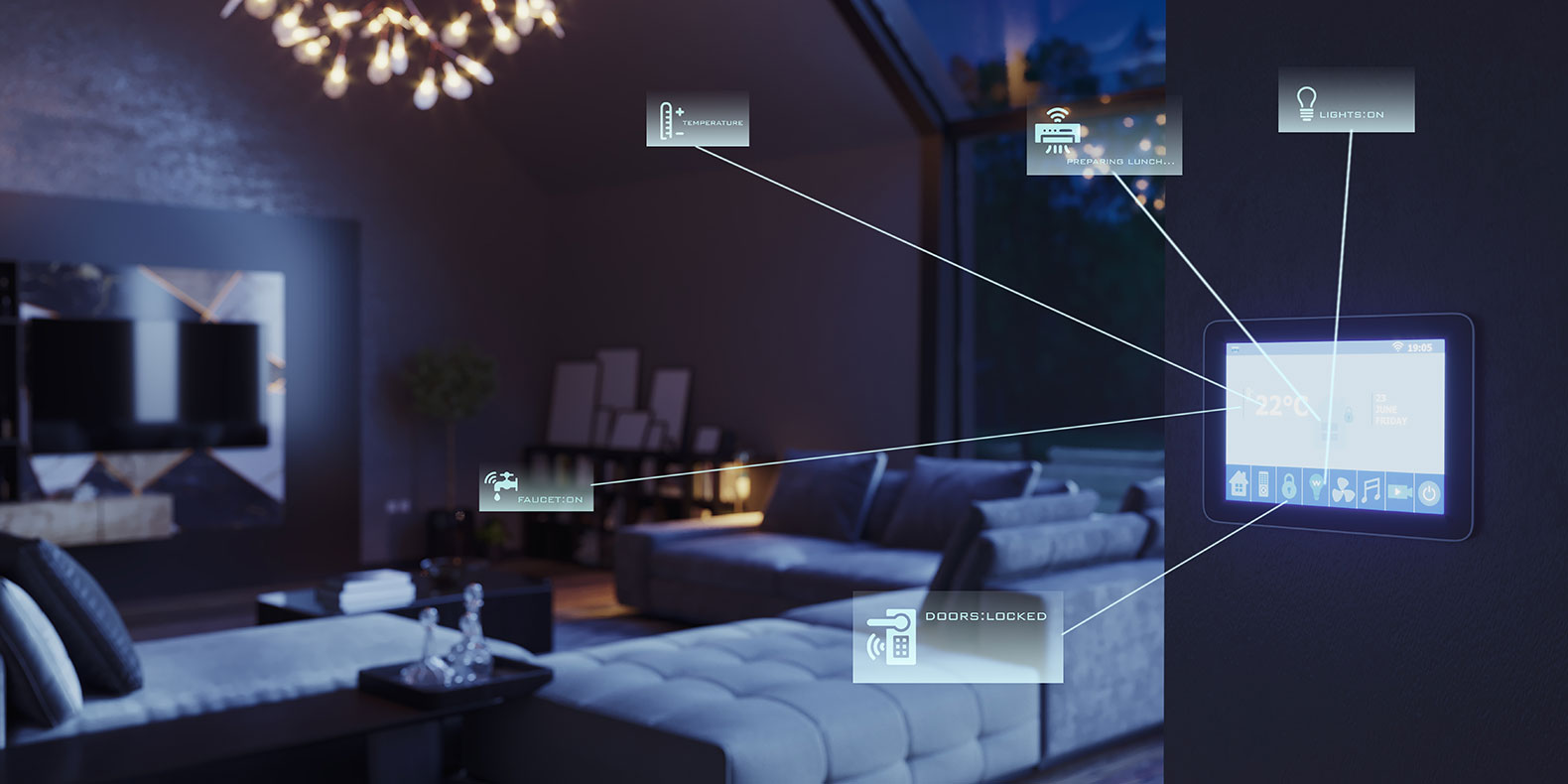Everyone loves to have a spot (or more) in their home where they can kick back and relax. With smart home technology, this is more possible than ever before.
The home automation system market is expected to be valued at $58.58 billion by the year 2020. As connectivity continues to grow, homeowners will be able to seamlessly control their televisions, lights, audio systems and more. When coupled with proper security measures, these devices and equipment can make your life more enjoyable and convenient.
Make Your Home Smart, Fun and Convenient
Make your home entertainment-ready. Here are some examples of smart home equipment that can be controlled remotely via smartphone, tablet or laptop:
- Audio systems. Listen to music, podcasts or audio books with distribution points throughout your home. You can listen to your favorite book while cooking dinner, while your children jam to tunes in another room.
- Home theatre speaker systems. Create a more immersive entertainment experience through calibrated speaker systems optimized to your home’s acoustics. Bring the movie theatre experience straight to your living room.
- Two-way intercoms. Communicate between different rooms inside your home with audio intercoms. Answer the door from your bedroom, or chat with family members on a different level of your house.
Simplify your home automation system further with Apple TV and Amazon Echo. These devices provide even more control, such as monitoring several rooms at once (Apple TV) or turning devices on and off by voice command (Amazon Echo).
Provide Additional (And Necessary) Security Measures
Home automation can make your life easier, but only when proper security is in place. Before installing equipment, research potential security threats.
Some home automation security tips, include:
- Never install equipment yourself. Work with a trusted vendor to ensure proper installation.
- Update equipment and devices with the latest software patches, antivirus and malware software to avoid vulnerability.
- Change default pre-settings, and replace with unique passwords.
- Consider two networks to host your home automation system separately. This can prevent hackers from gaining access to all your information at once.
- Watch for suspicious activity (e.g. unexpected password changes or an inability to upgrade software) that could indicate equipment has been compromised.
- Practice secure home networking.
Image Source: C-osett


